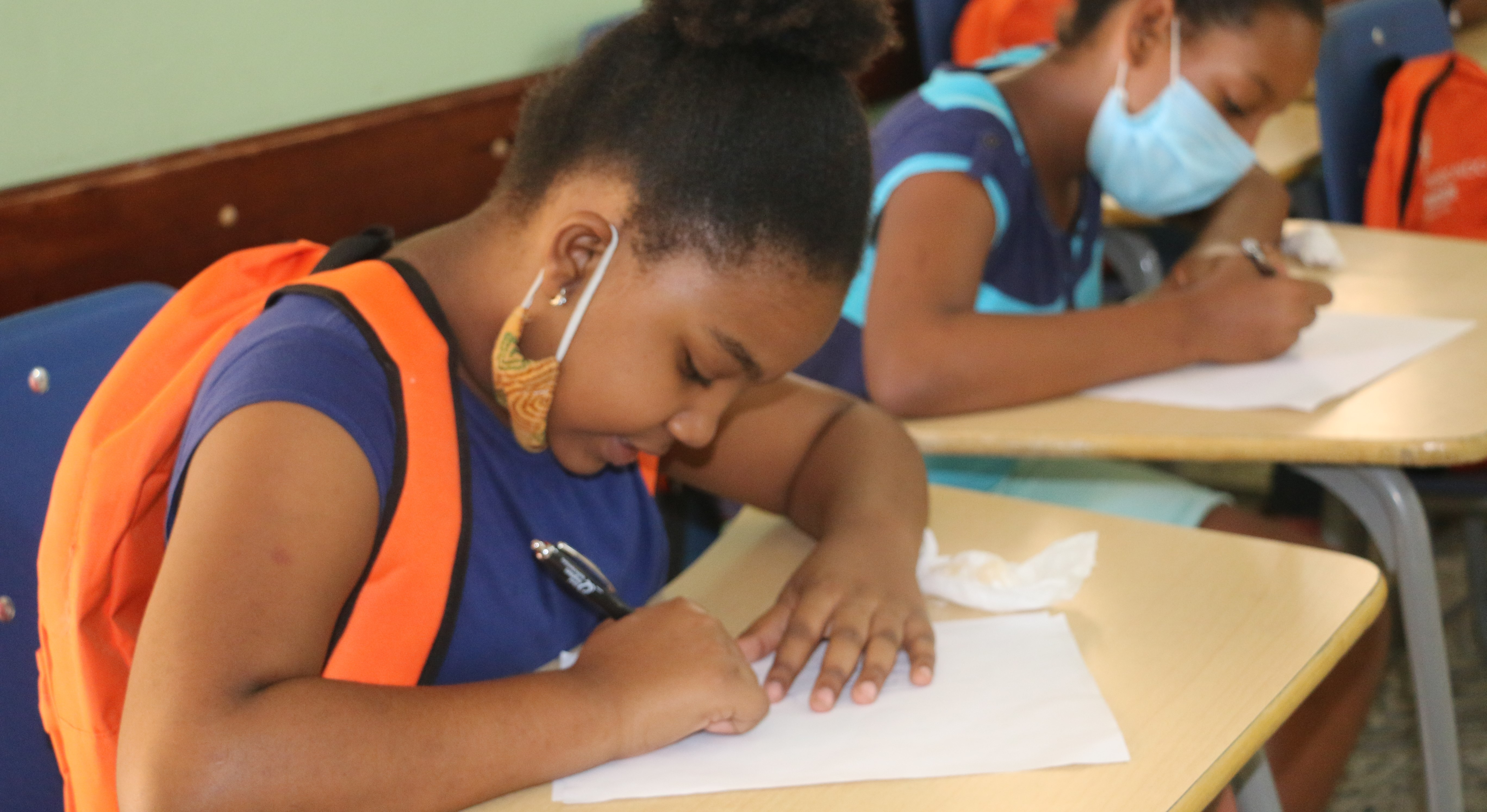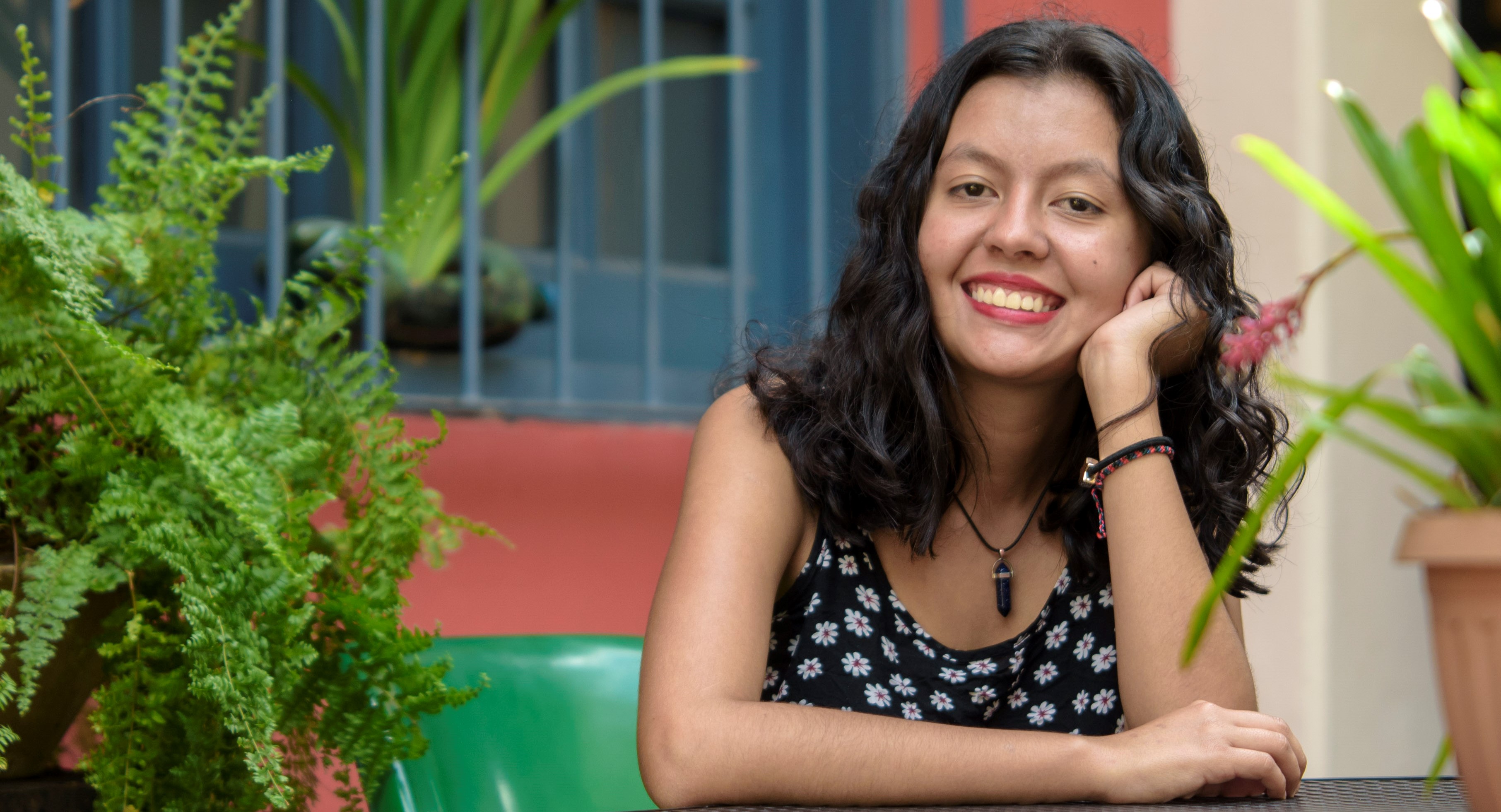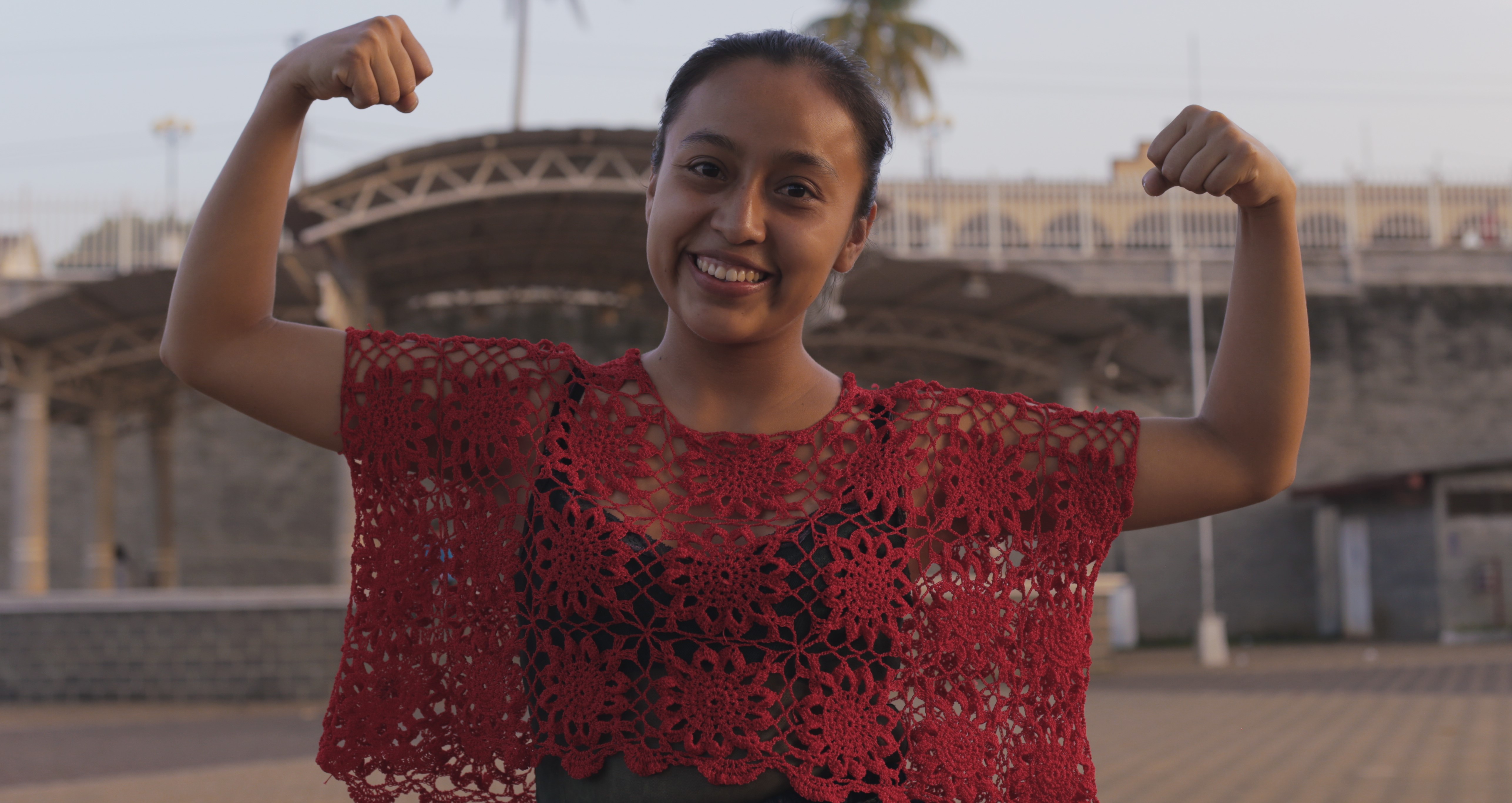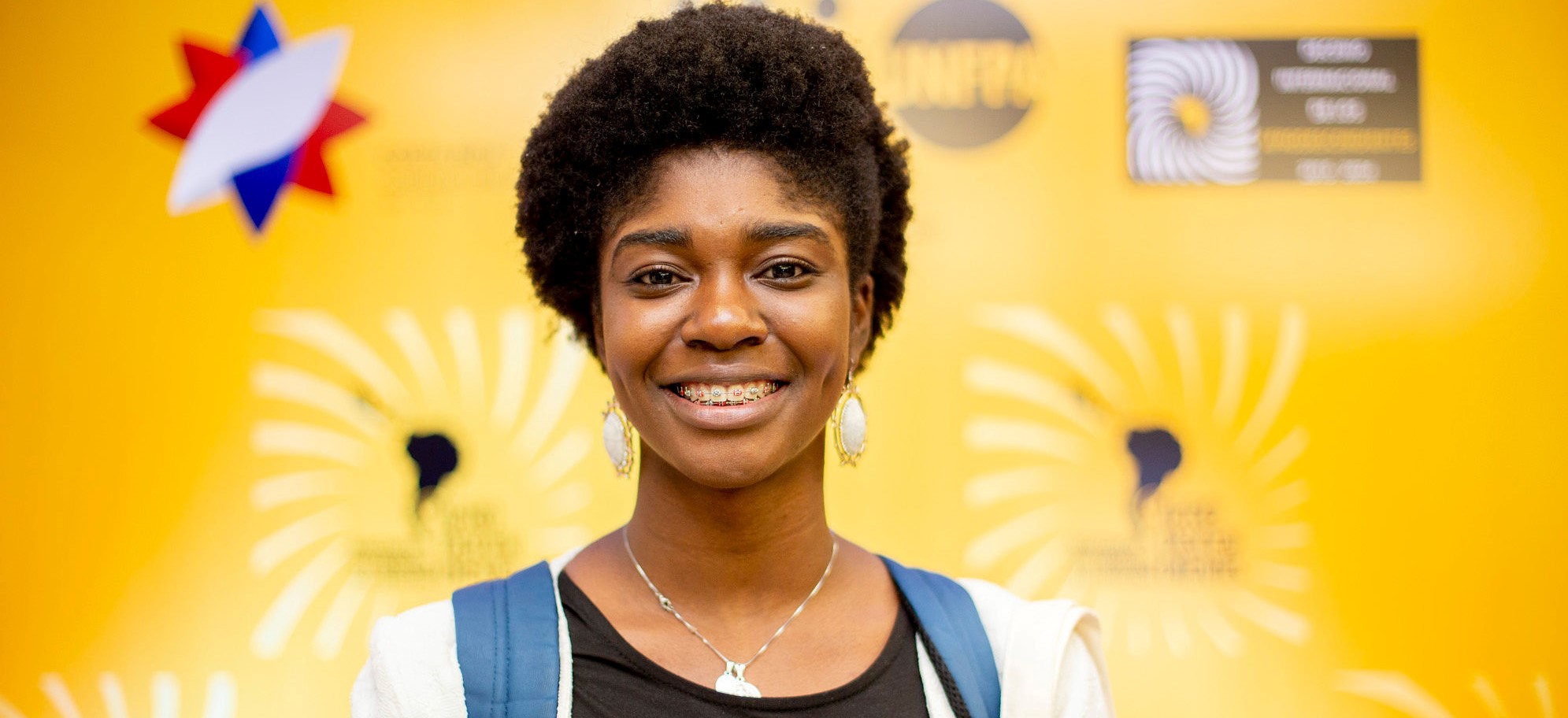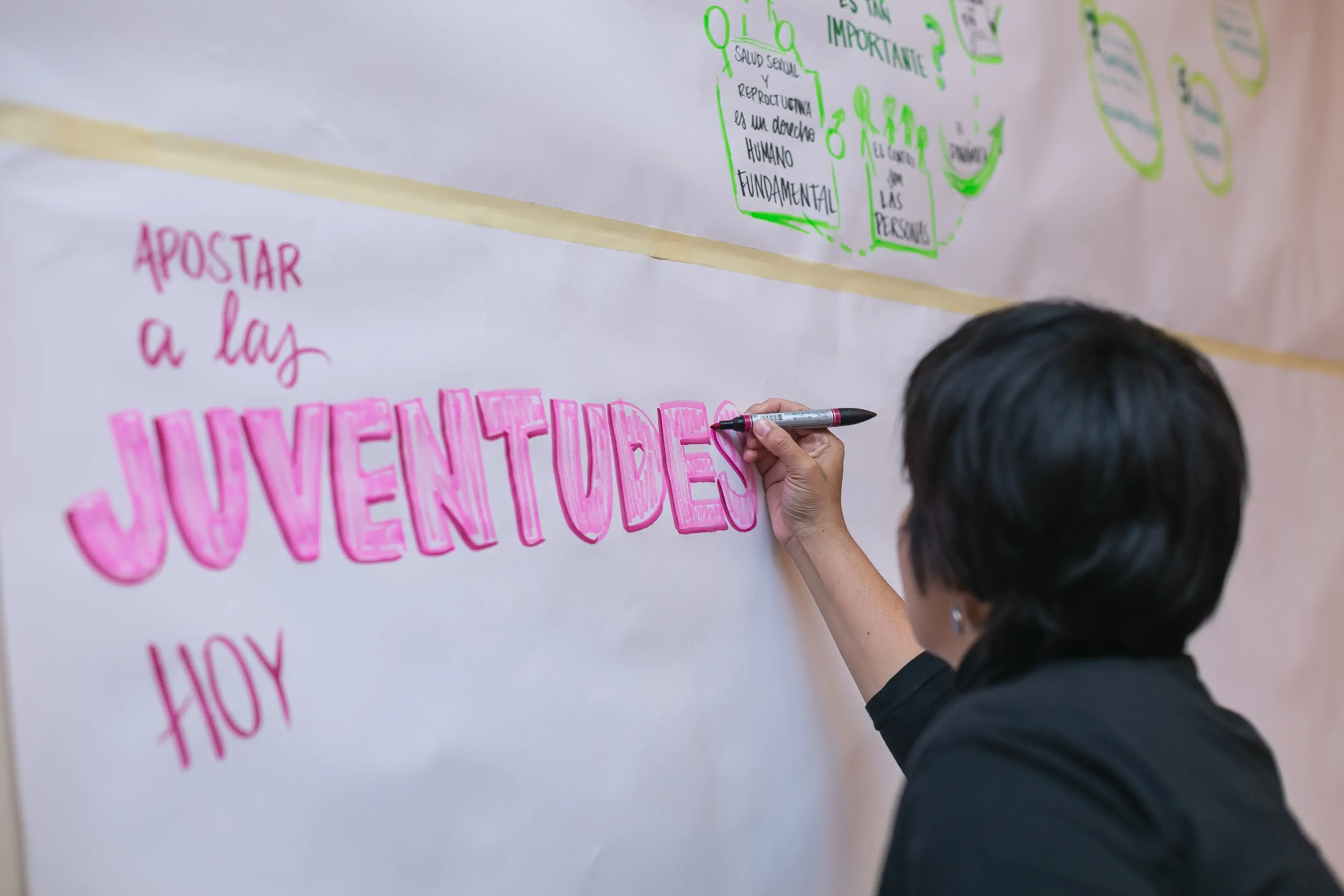Skills for life
The United Nations Population Fund (UNFPA) works with many partners in Latin America and the Caribbean, and across the globe, to advocate for and support practical actions to end child marriage, prevent teenage pregnancy and promote gender equality and the empowerment of girls, adolescents and women.
In Latin America and the Caribbean, an estimated 165 million people are between the ages of 10 and 24. This means that every four people in the region are young. By investing in them we are investing in the world’s future.
UNFPA’s ‘Skills for Life’ programmes empower and expand access to critical services like education and healthcare for young girls across Latin America and the Caribbean. These programmes are aimed at helping girls from 8 to 17 years old to successfully navigate adolescent transitions, and to make informed decisions and life choices that will shape their future and the future of their communities.
While both adolescent girls and boys experience challenges in making life choices, including about marriage, girls continue to face increased socio-economic barriers and vulnerability. Life skills, when effectively delivered, can be considered a powerful tool for achieving adolescent empowerment.
Why do we need to empower girls?
The ‘Skills for Life’ programmes support and empower girls in the region to develop critical thinking and problem-solving skills, that build their sense of personal worth and agency, and that teach them to interact with others constructively and effectively, with a transformative potential. In fact, different types of skills have been shown to reinforce each other. For example, an adolescent girl with good social skills is more likely to apply herself to acquiring cognitive skills, as well as to have positive relationships in her life.
Thus, even though personal empowerment is considered an outcome of implementing life skills, it is also a process that can facilitate achievement of cognitive and social skills. For example, making informed choices, setting plans and goals, communicating, collaborating and negotiating, which are necessary skills to achieve transformational change in their lives, families, communities and countries.
Empowered adolescents recognize their inherent worth and the fundamental equality of men and women, boys and girls. They critically examine their lives and the inequalities in their societies. They participate civically and make personal and public choices to act for the improvement of their lives and their world.



